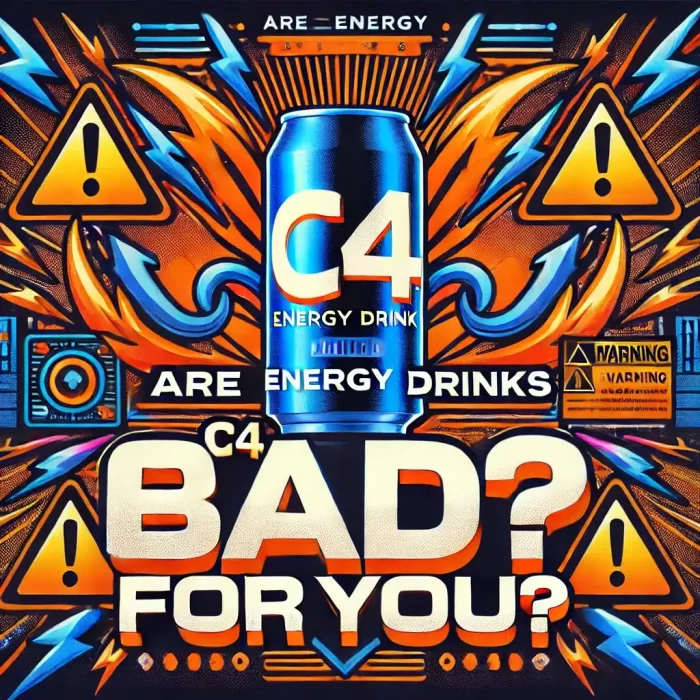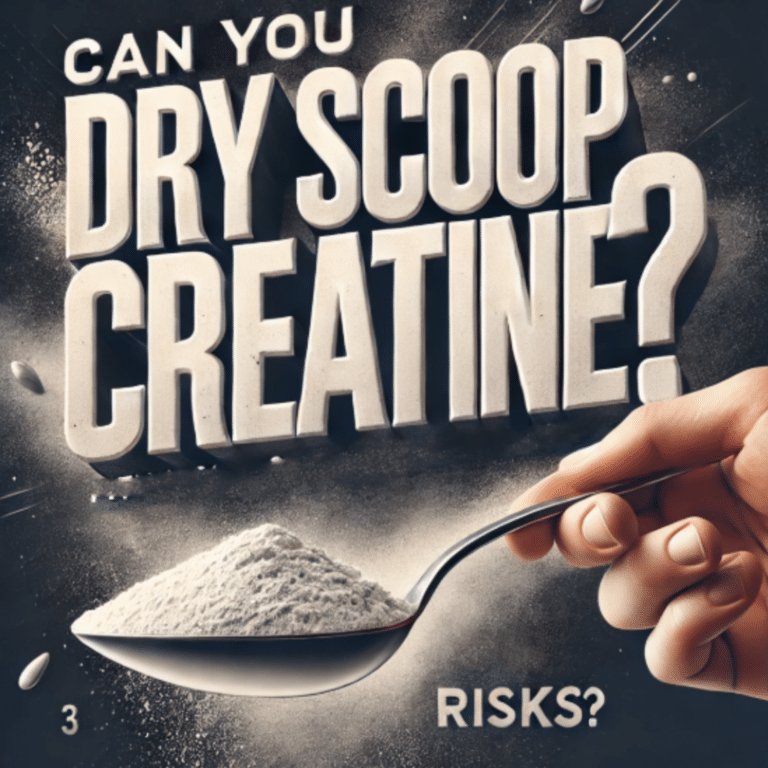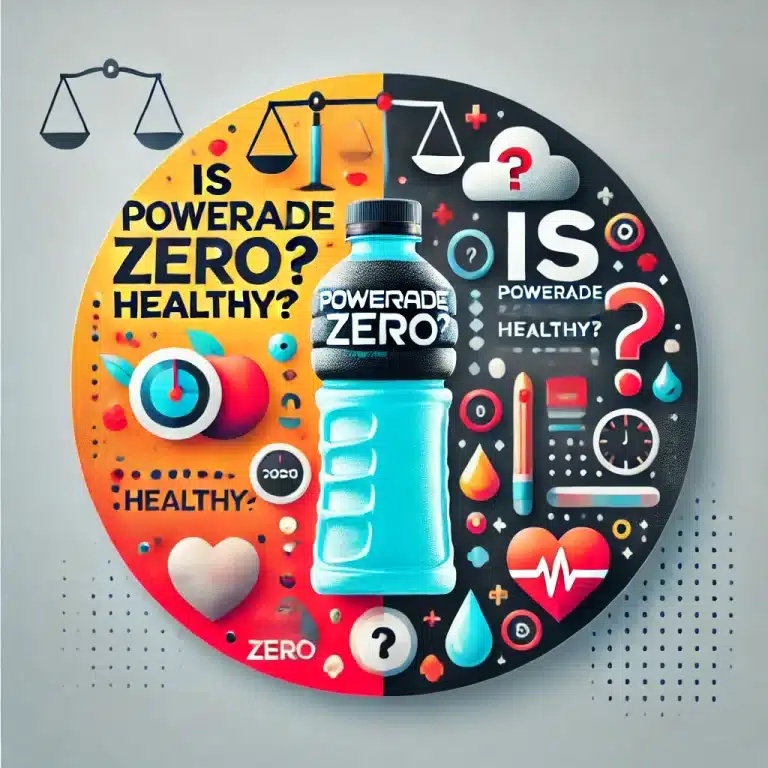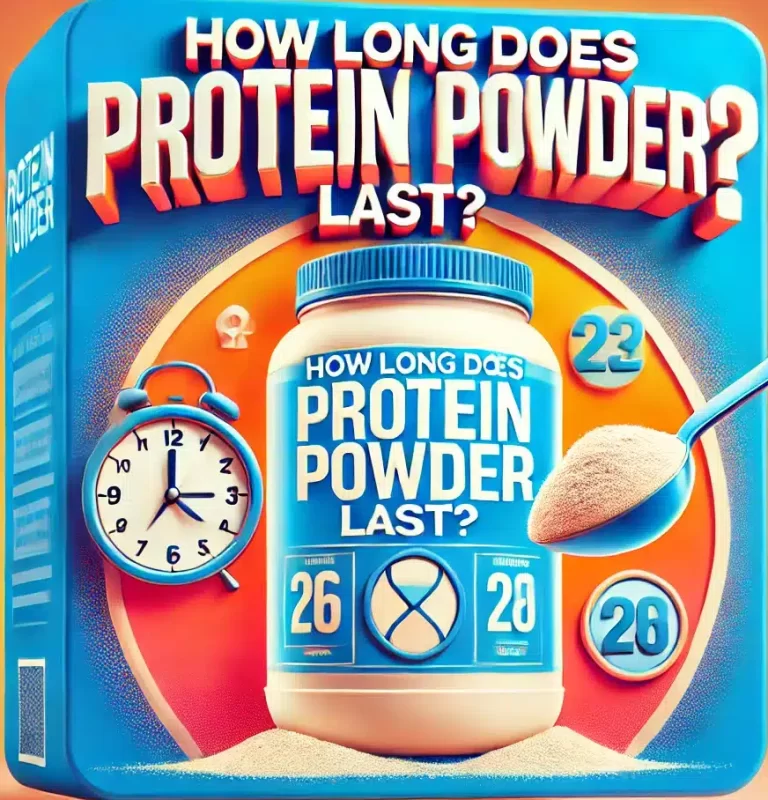Are C4 Energy Drinks Bad For You?
C4 Energy drinks have taken the fitness and energy drink market by storm, promising explosive energy, enhanced endurance, and laser-sharp focus. Whether you’re a gym enthusiast looking for a pre-workout boost or just someone needing an extra push to power through the day, C4 has likely caught your attention. But with all its claims, one big question remains: Are C4 Energy drinks good for you, or do they come with hidden risks?
Energy drinks have been under scrutiny for years, with concerns over their high caffeine content, artificial ingredients, and potential long-term effects. While C4 boasts powerful performance-enhancing components like caffeine, beta-alanine, and citrulline malate, it also contains artificial sweeteners and other additives that raise red flags for some consumers.
So, should you reach for a can of C4 before your next workout, or is it something you should be cautious about? In this article, we break down everything you need to know about C4 Energy drinks what’s inside, their benefits, their potential downsides, and whether they fit into a healthy lifestyle. Let’s dive in.
What Is C4 Energy?
C4 Energy isn’t just another energy drink; it’s designed with performance in mind. Created by Cellucor, a well-known brand in the fitness supplement industry, C4 is formulated to provide a high-energy kick before workouts, long days, or intense mental tasks. Unlike typical energy drinks loaded with sugar and artificial flavors, C4 takes a slightly different approach offering zero sugar and a mix of ingredients aimed at enhancing endurance and focus.
One of the standout features of C4 is its pre-workout-like formula. The drink includes key compounds like caffeine, beta-alanine, and citrulline malate and taurine-free, all of which are commonly found in traditional pre-workout supplements. This makes C4 a favorite among gym-goers who want an extra boost without turning to powdered pre-workout formulas.
However, C4 isn’t just for athletes. With its range of flavors and bold marketing, the drink has gained popularity among students, professionals, and even gamers who need sustained energy and concentration. But does C4 truly deliver, and is it safe for regular consumption? Let’s break it down further.
Potential Health Concerns with C4 Energy Drinks
1. High Caffeine Content
C4 Energy contains 200mg of caffeine per can, which is a considerable amount, especially for those who consume multiple caffeinated beverages daily. While caffeine can enhance focus and endurance, excessive consumption can lead to:
- Increased heart rate and palpitations
- Insomnia and sleep disturbances
- Jitters and anxiety
- Dehydration (due to its diuretic effect)
- Potential caffeine dependence
If you are caffeine-sensitive or have a history of cardiovascular issues, high doses of caffeine can pose significant risks. It’s essential to moderate intake and avoid consuming C4 too close to bedtime to prevent sleep disruption.
2. Artificial Sweeteners and Gut Health
C4 Energy drinks use sucralose and acesulfame potassium as sugar substitutes with rare flavors. While these artificial sweeteners help keep the drink calorie-free, they come with some potential downsides:
- Disrupting Gut Microbiome: Some studies suggest that artificial sweeteners may alter gut bacteria, which could affect digestion and metabolism.
- Increased Sugar Cravings: Although they provide sweetness without sugar, artificial sweeteners may trick the brain into craving more sweet foods.
- Possible Long-Term Metabolic Effects: Some research indicates that regular consumption of artificial sweeteners might be linked to insulin resistance, though more studies are needed to confirm this.
For individuals who experience bloating, gas, or digestive discomfort after consuming artificially sweetened beverages, limiting intake may be beneficial.
3. Possible Effects on Heart Health
Energy drinks, including C4, have been linked to cardiovascular concerns due to their stimulant-heavy nature. The combination of caffeine, beta-alanine, and other performance-enhancing ingredients can elevate blood pressure and increase the risk of heart-related issues, particularly in those with:
- Pre-existing heart conditions
- High blood pressure
- Sensitivity to stimulants
Drinking energy drinks in excess or combining them with other sources of caffeine, like coffee or pre-workout supplements, can put additional strain on the heart, making moderation key.
4. Potential for Overstimulation
C4 Energy is marketed as a high-performance energy drink, but its intense stimulant profile may not be suitable for everyone. Overstimulation can lead to:
- Nervousness and Restlessness: High doses of stimulants can make it difficult to stay calm and focused.
- Adrenal Fatigue: Regularly consuming high-stimulant energy drinks can overwork the adrenal glands, leading to burnout and decreased natural energy levels.
- Mood Imbalances: Some people report experiencing mood swings or irritability due to excessive caffeine intake.
If you find yourself feeling overly wired, anxious, or experiencing energy crashes after drinking C4, it may be a sign that your body is struggling to handle the stimulant load.
5. Hydration and Electrolyte Balance
While C4 contains electrolytes like sodium and potassium to support hydration, caffeine is a diuretic, meaning it increases urine output. This can lead to dehydration, especially if you’re not drinking enough water throughout the day. Proper hydration is essential, especially for athletes and those who exercise frequently. If you consume C4, ensure you’re drinking plenty of water to maintain electrolyte balance.
6. Potential for Addiction and Tolerance Build-Up
Caffeine and other stimulants in energy drinks can lead to dependence over time. Frequent consumption of C4 may result in:
- Needing higher doses to achieve the same energy-boosting effects
- Withdrawal symptoms like headaches, fatigue, and irritability when not consumed
- Difficulty functioning without caffeine
To avoid caffeine dependency, it’s a good idea to cycle your consumption—limiting energy drinks to days when you truly need an extra boost rather than making them a daily habit.
What Happens If Kids Drink C4 Energy Drink?
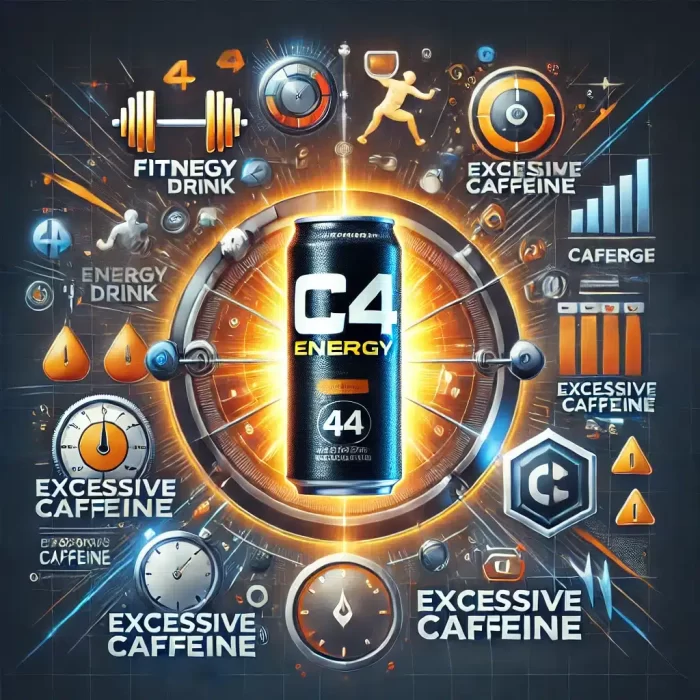
C4 Energy drinks are not recommended for children, and for good reason. Due to their high caffeine content and performance-enhancing ingredients, they pose significant risks to younger individuals. Here’s what can happen if kids consume C4:
1. Increased Heart Rate and Blood Pressure
Children and adolescents have lower tolerance levels for stimulants like caffeine. A 200mg dose, which is high even for adults, can cause a rapid spike in heart rate and blood pressure, leading to dizziness, palpitations, and even fainting.
2. Disrupted Sleep Patterns
Caffeine has a half-life of about 5-6 hours, meaning it stays in the system for a long time. For children, this can severely disrupt sleep cycles, leading to difficulty concentrating, irritability, and poor academic performance.
3. Higher Risk of Caffeine Overdose
Children are more susceptible to caffeine toxicity. Symptoms of a caffeine overdose can include:
- Nausea and vomiting
- Shaking and tremors
- Severe headaches
- Increased anxiety
- Difficulty breathing (in extreme cases)
4. Potential Behavioral and Emotional Effects
Since caffeine affects neurotransmitter activity, children may experience mood swings, hyperactivity, or difficulty regulating emotions. This can lead to behavioral issues, especially when consumed frequently.
5. Long-Term Health Risks
Excessive caffeine intake during childhood can have long-term effects, including increased susceptibility to heart issues, metabolic disorders, and unhealthy dependency on stimulants as they grow older.
Should Kids Ever Drink C4?
No. The American Academy of Pediatrics advises that children and adolescents avoid energy drinks entirely due to their high stimulant content. If a child needs an energy boost, safer alternatives like water, fruit, or natural juice should be considered instead.
C4 Energy vs. Bang Energy: Which Is Less Harmful?
C4 Energy and Bang Energy are two of the most well-known energy drinks on the market, especially among fitness enthusiasts. Both drinks offer a powerful energy boost, but which one is the less harmful option? Let’s compare them based on key factors.
1. Caffeine Content
- C4 Energy: Contains 200mg of caffeine per can, which is a moderate but still significant amount. It provides a strong energy boost without reaching dangerously high levels.
- Bang Energy: Packs 300mg of caffeine per can, making it one of the highest-caffeine energy drinks available. This much caffeine can increase the risk of heart palpitations, jitters, and caffeine dependency.
✔ Winner: C4 Energy – The lower caffeine content makes it less likely to cause overstimulation and negative side effects.
2. Key Ingredients
- C4 Energy: Contains beta-alanine, which can enhance endurance but may cause a tingling sensation. Also includes citrulline malate, which improves blood flow and performance.
- Bang Energy: Uses Super Creatine, which is marketed as more absorbable but lacks scientific backing. Also includes CoQ10 and Essential Amino Acids (EAAs) for muscle recovery.
✔ Winner: C4 Energy – Its ingredients are better-researched and widely used in pre-workout supplements.
3. Artificial Sweeteners & Additives
- C4 Energy: Uses sucralose and acesulfame potassium as artificial sweeteners, avoiding sugar but still relying on artificial additives.
- Bang Energy: Also sugar-free, but contains additional preservatives and artificial coloring agents, which some consumers try to avoid.
✔ Winner: C4 Energy – While both use artificial sweeteners, Bang has additional preservatives that may make it slightly less healthy.
4. Impact on the Heart and Blood Pressure
- C4 Energy: With 200mg of caffeine, it can increase heart rate but is less likely to cause extreme cardiovascular stress when consumed responsibly.
- Bang Energy: The higher 300mg caffeine content significantly increases the risk of high blood pressure, heart palpitations, and overstimulation, especially for caffeine-sensitive individuals.
✔ Winner: C4 Energy – Its lower caffeine dosage makes it the safer option for heart health.
5. Long-Term Effects and Dependency
- C4 Energy: While still containing caffeine and artificial sweeteners, it is closer to a pre-workout formula rather than an extreme energy drink. Regular use can lead to mild caffeine dependence but is less likely to result in serious side effects.
- Bang Energy: Due to the extreme caffeine levels, long-term use can lead to caffeine addiction, sleep disturbances, and an increased tolerance that requires consuming even more caffeine to feel energized.
✔ Winner: C4 Energy – It is less likely to lead to caffeine dependence or withdrawal symptoms.
Overall Verdict: Which Is Less Harmful?
While both drinks contain artificial sweeteners and high caffeine levels, C4 Energy is the less harmful option because:
| Factor | C4 Energy Drink | Bang Energy Drink |
|---|---|---|
| Caffeine Content | 200mg per can (Moderate) | 300mg per can (High) |
| Key Ingredients | Beta-alanine, Citrulline Malate | Super Creatine, CoQ10, EAAs |
| Artificial Sweeteners | Sucralose, Acesulfame Potassium | Sucralose, Artificial Preservatives |
| Heart & Blood Pressure Impact | Higher caffeine may increase risk | Higher caffeine may increase the risk |
| Long-Term Effects | Less likely to cause addiction or tolerance | Higher risk of caffeine dependency |
| Overall Verdict | Less harmful | More intense, higher risks |
- It has a lower caffeine content, reducing the risk of overstimulation.
- It contains better-researched ingredients for athletic performance.
- It has fewer additives and preservatives compared to Bang Energy.
- It is less likely to lead to caffeine addiction or heart complications.
If you’re looking for an energy drink but want to minimize the risks, C4 Energy is the safer choice over Bang Energy. However, both drinks should still be consumed in moderation.
Healthy Alternatives to C4 Energy Drinks
If you’re looking for an energy boost but want to avoid the potential risks associated with C4, several healthier alternatives can provide sustained energy without excessive stimulants or artificial ingredients.
1. Green Tea
Green tea contains a moderate amount of caffeine along with antioxidants that support overall health. Unlike energy drinks, green tea provides a more gradual and sustained energy boost without the jitters or crashes associated with high-caffeine drinks.
2. Black Coffee
For those who need a strong caffeine kick, black coffee is a natural and effective alternative. It contains no artificial sweeteners, preservatives, or unnecessary additives, making it a clean and simple option for boosting alertness.
3. Coconut Water
Coconut water is a fantastic natural hydrator packed with electrolytes, making it a great choice for replenishing lost fluids and maintaining energy levels throughout the day.
4. Protein Smoothies
A homemade protein smoothie with bananas, berries, spinach, and protein powder can provide natural energy and essential nutrients. This is a great option for those looking for a pre-workout or mid-day energy boost without relying on artificial stimulants.
5. Electrolyte Drinks
If hydration is your main concern, electrolyte drinks made with natural ingredients like Himalayan salt, lemon, and honey can keep you energized without the caffeine overload.
6. Beetroot Juice
Beetroot juice has been shown to improve endurance and athletic performance due to its natural nitrate content, which helps enhance blood flow and oxygen delivery to muscles.
7. Adaptogen-Based Drinks
Adaptogens like ashwagandha, Rhodiola, and ginseng help the body adapt to stress and maintain energy levels for adults and kids. Many herbal energy drinks use adaptogens to promote sustained energy without overstimulating the nervous system.
Switching to these healthier alternatives can help you maintain your energy levels without the potential downsides of energy drinks like C4.
Final Verdict: Are C4 Energy Drinks Bad for You?
C4 Energy drinks are not necessarily bad for you, but they should be consumed in moderation. They offer performance benefits, but their high caffeine content, artificial sweeteners, and other stimulants may not be suitable for everyone.
If you’re a healthy adult and consume C4 responsibly, it can be an effective pre-workout aid. However, relying on energy drinks daily for sustained energy is not advisable. Prioritizing proper sleep, hydration, and balanced nutrition remains the best way to maintain consistent energy levels.
